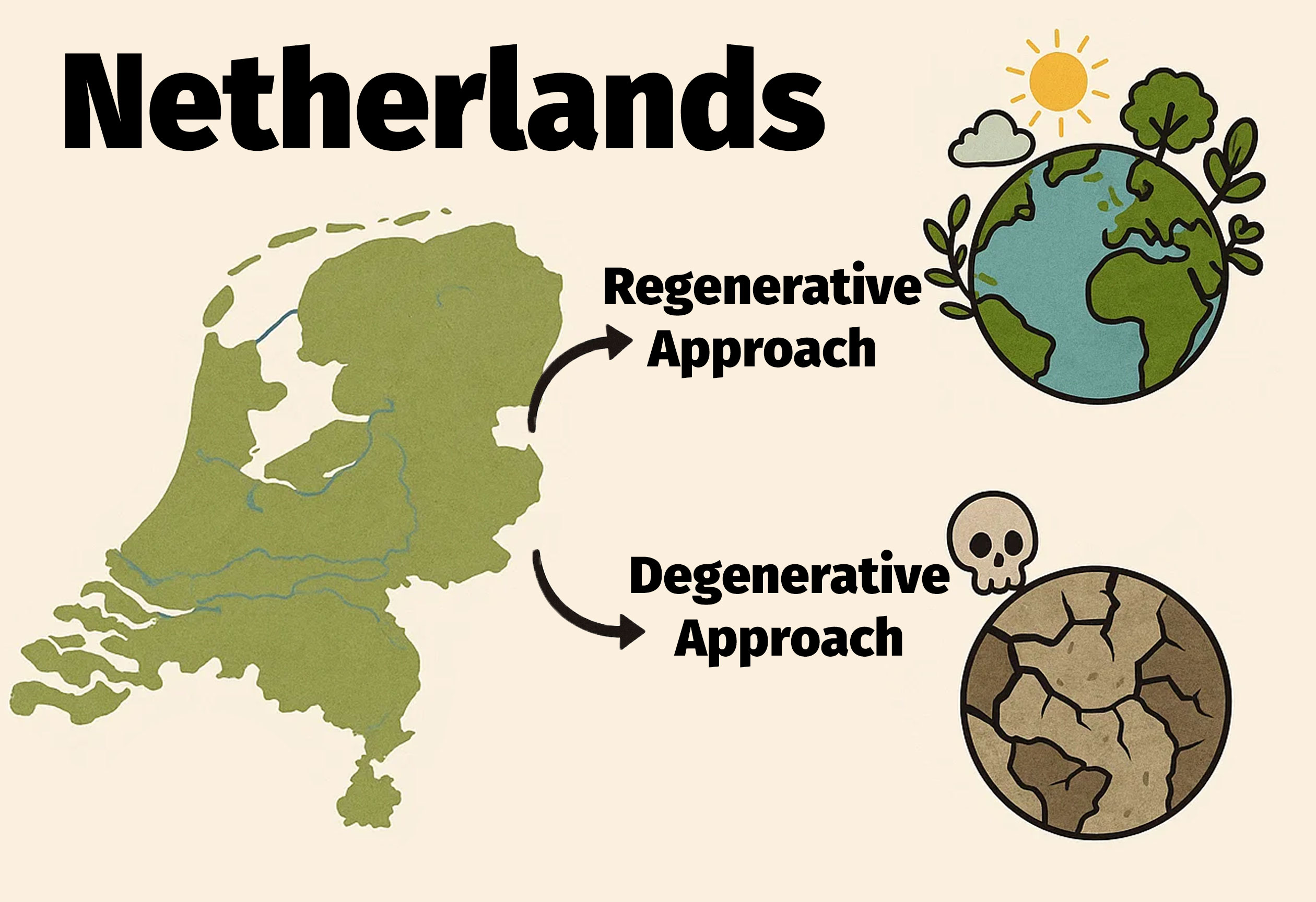
Just as blood vessels circulate oxygen and nutrients to keep the human body alive, global maritime shipping routes circulate goods, raw materials, and energy, fueling economies across the planet. This circulatory system of trade links continents, supplies industries, and feeds billions of consumers. Like a body dependent on the smooth function of its vascular system, the global economy depends on shipping to function.
But what happens when that system becomes overburdened?
In the human body, unchecked flow, caused by blockages, toxicity, or overexertion leads to illness or collapse. The same applies to our planet. The maritime shipping system, while essential, now plays a central role in driving ecological overshoot (the condition in which humanity’s demand on nature exceeds Earth’s ability to regenerate resources). Its arteries deliver not just food, medicines, and tools, but also fossil fuels, plastics, PFAS forever chemicals, and metals extracted at unsustainable rates, pushing the Earth beyond its regenerative limits.
Take the Niger Delta as a stark example. Enabled by global shipping, decades of oil extraction have devastated local ecosystems, poisoned waterways, and destabilized communities (UNEP, 2011). The environmental degradation is not incidental, it is systemic, embedded in a global economic model that prizes throughput over planetary health.
Ports as Access Nodes: Gateways of Degeneration or Regeneration?
Ports, the synapses of this circulatory network, are critical access points. They decide what enters and exits the system, what materials are metabolized and how. If we treat Earth as a living organism, then ports are not just logistical hubs; they are regulatory organs, capable of guiding trade toward health or harm.
To restore planetary balance, we must transform how these systems operate.
This means shifting maritime logistics from a model of extraction and exhaustion to one of selective metabolization, allowing resource flows only to the extent that they remain within the Earth’s ecological limits. This is not about halting trade but redefining its purpose and scale. It’s about redesigning supply chains to prioritize regenerative materials, circular economies, and renewable energy, while drastically reducing the transport of greenhouse gas-intensive and ecologically damaging goods.
From Degeneration to Regeneration: A New Role for Maritime Shipping
The shipping industry must move beyond marginal fuel-efficiency gains or slow adoption of green fuels. It must take on a systems leadership role, setting limits, redirecting flows, and supporting regional self-reliance where appropriate. This requires strong governance, transparent data, port-based access controls, and a collective vision aligned with planetary boundaries.
Just as the body cannot survive if its circulatory system carries more toxins than nutrients, our planet cannot thrive if global shipping continues to support industrial metabolism at a scale that undermines ecological resilience.
The challenge ahead is to recalibrate this system, to ensure that the circulation of goods supports life-sustaining, not life-destroying, processes. Maritime shipping can still be the lifeblood of the global economy, but only if it helps regenerate the body it serves.

